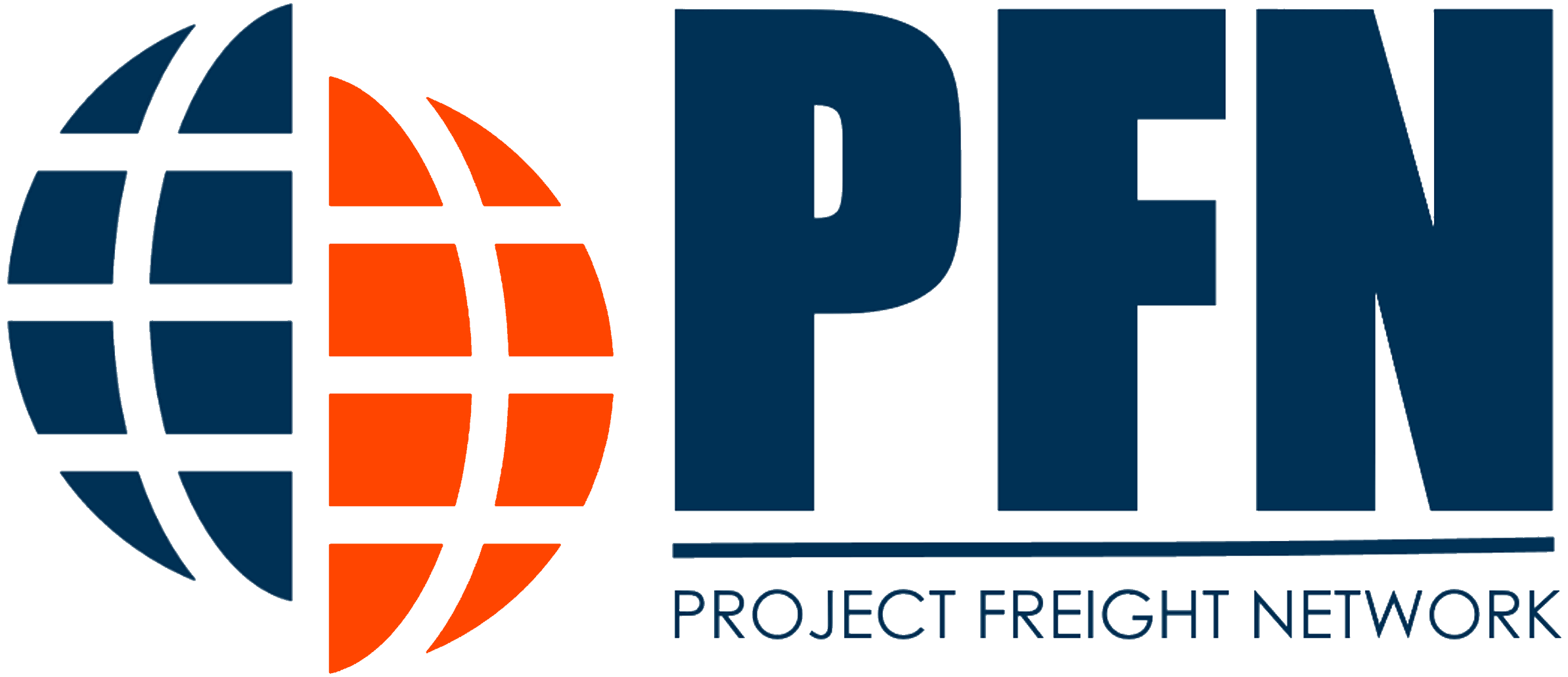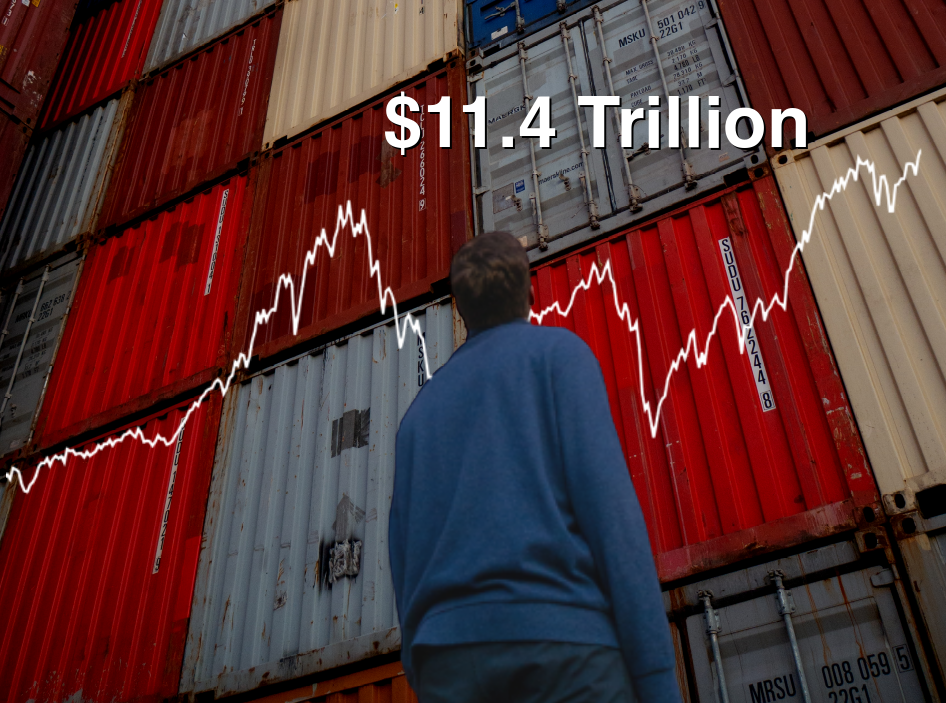The global logistics industry has witnessed an unprecedented surge, with costs soaring to a staggering $11.4 trillion. This financial milestone underscores the immense scale and complexity of the logistics landscape, with various factors contributing to this substantial uptick.
Rising Tide of Global Logistics Costs
The $11.4 trillion figure represents a formidable challenge for industries worldwide, as they grapple with the economic repercussions of an intricate and expansive logistics network. The surge is indicative of a rapidly evolving global trade environment, where supply chains are stretched thin, and the demand for efficient logistics solutions has never been higher.
The intricate web of global trade is undeniably intricate, necessitating seamless coordination and strategic planning. As businesses strive to navigate these complexities, logistics costs have become a pivotal metric in assessing economic health and sustainability.
The 3PL Phenomenon: A 14% Stake
Within the colossal logistics expenditure, Third-Party Logistics (3PL) providers have emerged as key players, claiming a notable 14% share. This highlights the pivotal role these entities play in the global supply chain ecosystem, offering specialized services that streamline operations for businesses across diverse sectors.
As companies increasingly turn to 3PL providers to optimize their supply chains, the financial footprint of these logistics partners has become more pronounced. Their ability to provide end-to-end solutions, from transportation and warehousing to distribution, positions them as indispensable allies in the pursuit of efficiency and cost-effectiveness.
Navigating Challenges and Embracing Innovation
While the escalating logistics costs pose challenges, they also underscore the need for innovation and adaptive strategies within the industry. Companies are compelled to explore technological advancements such as IoT, AI, and blockchain to enhance visibility, traceability, and overall efficiency.
The rise of e-commerce, coupled with the ongoing global supply chain disruptions, has accentuated the urgency for businesses to reevaluate their logistics strategies. Proactive measures, including the integration of digital solutions, automation, and sustainable practices, are increasingly becoming imperative for companies striving to stay ahead in this dynamic landscape.
The Future Landscape: Collaboration and Sustainability
As the logistics industry charts its course into the future, collaboration emerges as a key theme. With supply chains intertwining across borders and industries, fostering robust partnerships is crucial for addressing challenges and capitalizing on opportunities.
Moreover, sustainability is rapidly becoming a focal point for both logistics providers and their clientele. The environmental impact of logistics operations is under scrutiny, prompting a shift towards greener practices. From eco-friendly packaging to energy-efficient transportation, companies are aligning their logistics strategies with broader sustainability goals.





